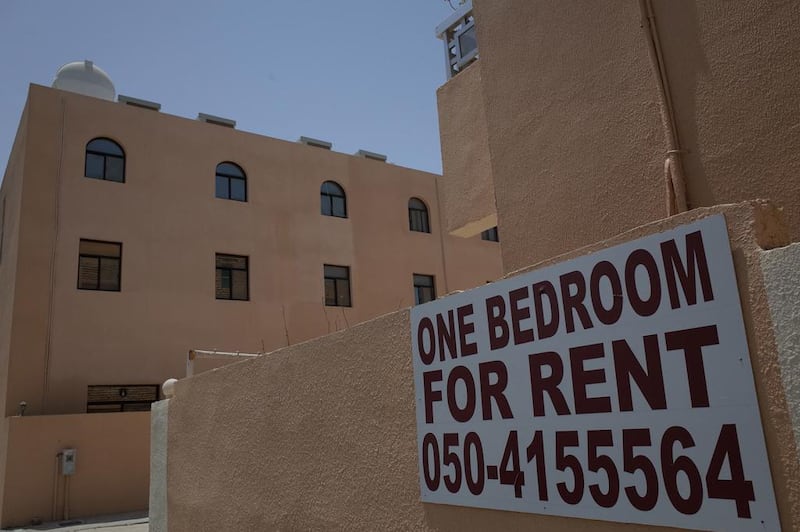A new study on affordable housing in Dubai raises important questions that go beyond that specific emirate and apply across the UAE. The research report, by a property company, argues that many homes classed as “affordable” in the city are in fact unaffordable for the majority of those on lower incomes.
Affordable housing, the paper notes, is classed by Dubai Municipality as space for those whose monthly household income is between Dh3,000 and Dh10,000. Using the metric that these households should not spend more than 30 to 35 per cent of their income on housing expenses, the paper finds too few homes would be available for this group to buy.
Everyone, of course, needs a place to live, but not everyone will be able to afford to buy their own home. Nonetheless, there is a broader point that this study highlights, which is that the housing market, particularly for expatriates on modest incomes, can sometimes be unbalanced, with broader repercussions.
Those on low incomes suffer the most as rents rise and the cost of living spirals. Nor is it enough to say, as some do, that if expatriates cannot afford to bring their families, they should not do so. Many of those affected have been in the UAE for many years. Moreover, we should encourage expats to consider long-term sojourns; this helps with community cohesion and keeps their skills in the workforce.
A mix of policies could help. A proposed law in Dubai would compel private developers to include between 15 and 20 per cent of affordable housing stock in any development. The laws regarding sharing of villas could also be looked at again – that might enable some of the existing housing stock to be used in different ways. Public-private partnerships could be used to build more affordable homes, with the Government providing land at a reduced cost.
Taken together, this mix of policies will provide a mix of properties. Our cities need to accommodate people on a mix of income levels, not solely become playgrounds for those who can afford to live in high-end accommodation.





